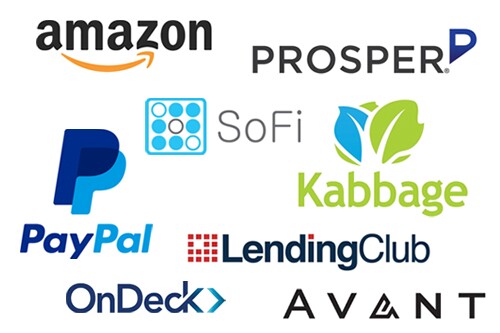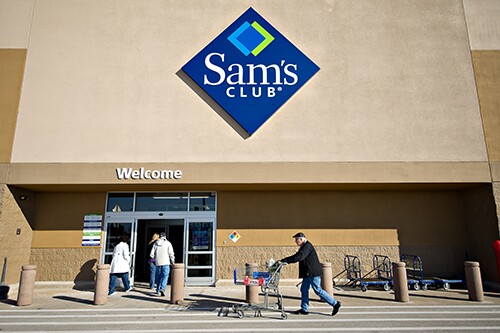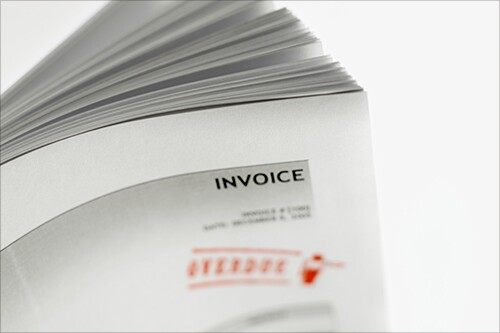

Debt Consolidation Lenders
Related articles:

Subprime Lenders
Related articles:

Student Loan Refinancers
Related articles:

The Firm That's Out to 'Kill Banks'
Related article:

Point-of-Sale Lenders
PayPal, whose CEO is Dan Schulman (pictured), was an early entrant in this segment with its Bill Me Later product, now called PayPal Credit. Affirm, which is headed by former PayPal co-founder Max Levchin, is another competitor. Lending Club, Prosper and Amazon have all been eyeing this market, too.
Related articles:

Firms that Offer Small-Business Term Loans
Related article:

SBA Lenders
Related article:

Merchant Cash Advance Providers
Capify, headed by David Goldin, CAN Capital and Credibly are among the online lenders competing in this market. The large payment companies PayPal and Square offer similar products to merchants that use their networks.
Related articles:

Invoice Finance Lenders
Related article:





